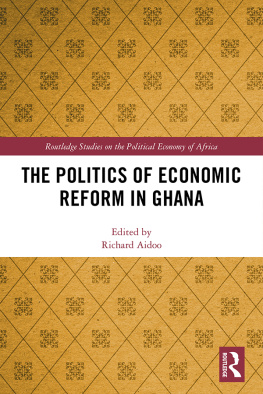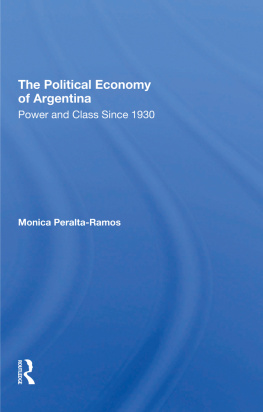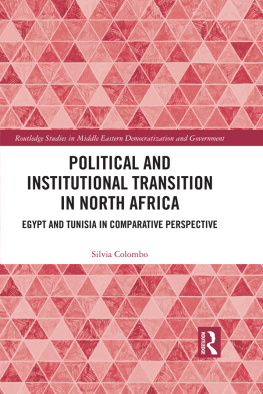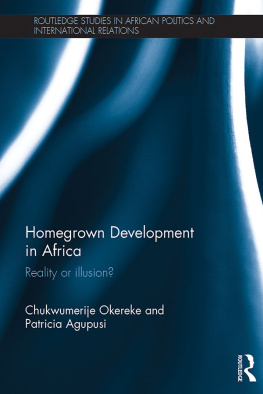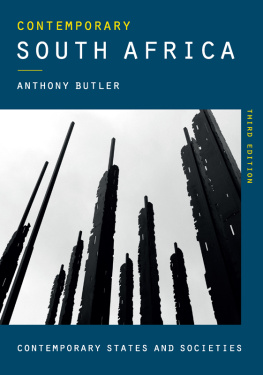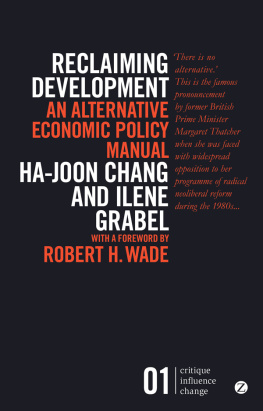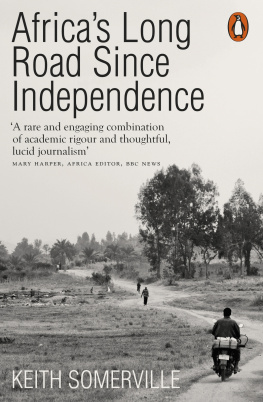ROUTLEDGE LIBRARY EDITIONS: THE ECONOMY OF THE MIDDLE EAST
Volume 22
NORTH AFRICA
First published in 1984
This edition first published in 2015
by Routledge
2 Park Square, Milton Park, Abingdon, Oxon, OX14 4RN
and by Routledge
711 Third Avenue, New York, NY 10017
Routledge is an imprint of the Taylor & Francis Group, an informa business
1984 R.I. Lawlessand A.M. Findlay
All rights reserved. No part of this book may be reprinted or reproduced or utilised in any form or by any electronic, mechanical, or other means, now known or hereafter invented, including photocopying and recording, or in any information storage or retrieval system, without permission in writing from the publishers.
Trademark notice: Product or corporate names may be trademarks or registered trademarks, and are used only for identification and explanation without intent to infringe.
British Library Cataloguing in Publication Data
A catalogue record for this book is available from the British Library
ISBN: 978-1-138-78710-0 (set)
eISBN: 978-1-315-74408-7 (set)
ISBN: 978-1-138-81014-3 (Volume 22)
eISBN: 978-1-315-74472-8 (Volume 22)
Publishers Note
The publisher has gone to great lengths to ensure the quality of this reprint but points out that some imperfections in the original copies may be apparent.
Disclaimer
The publisher has made every effort to trace copyright holders and would welcome correspondence from those they have been unable to trace.
1984 R.I. Lawless and A.M. Findlay
Croom Helm Ltd, Provident House, Burrell Row,
Beckenham, Kent BR3 1AT
Croom Helm Australia Pty Ltd, 28 Kembla St.,
Fyshwick, ACT 2609, Australia
British Library Cataloguing in Publication Data
North Africa: contemporary politics and economic
development.
1. Africa, North Social aspects
2. Africa, North Political aspects
I. Lawless, Richard I. II. Findlay, Allan M.
961. 04 HDT177
ISBN 0-7099-1609-4
All rights reserved. For information, write:
St. Martin's Press, Inc., 175 Fifth Avenue, New York, NY 10010
First published in the United States of America in 1984
Library of Congress Cataloging in Publication Data
Main entry under title:
North Africa, contemporary politics and economic
development.
Includes index.
1. Africa, North Politics and government. 2. Africa,
North Economic conditions. I. Lawless, Richard I.
DT204.N67 1984 320.961 83-43001
ISBN 0-312-57812-1
CONTENTS
Hugh Roberts
Peter Sluglett and Marion FaroukSluglett
Werner Ruf
Pandeli Glavanis
Richard Lawless
Anne Findlay
Allan Findlay
Stace Birks and Clive Sinclair
TABLES AND FIGURES
This volume aims to be a reader on the politics and economies of the four countries of Northwest Africa Algeria, Morocco, Tunisia and Libya for the decade of the 1970s. The colonial history of the Maghreb states linked them traditionally to the politics and economy of Europe, but contemporary political and economic changes both within Northwest Africa and in the world economy has led to these countries becoming increasingly marginalised by the European nations. Although the political courses pursued by Algeria. Morocco. Tunisia and Libya have been strikingly different, one from another, during the 1970s, they have all been strongly influenced by international economic forces such as the international division of labour, the dependence on technology provided by the major international corporations, and in the case of Tunisia and Morocco by international aid programmes. By the late 1970s all the Northwest African nations were increasingly being drawn into a complex political and economic involvement with the Mashreq or Arab East, acting both as mediators in the conflicts of the Arab world and as major recipients of finance from the oil-rich states of the Middle East. All these forces have had the effect of introducing common constraints on the independent economic and political courses being sought by the different nations of Northwest Africa.
This reader devotes one chapter to the politics of each nation followed in the second half of the book by a chapter which concentrates on the economic aspects of change in each state. The boundary between political and economic aspects of development is a hard one to define, and for this reason some minor overlap between chapters has been permitted so that chapters on the contemporary politics of each nation can be read independently from those on the economy. Likewise the authors of each chapter have been given considerable academic freedom in their approach, resulting in light being thrown on the important issues from a number of different perspectives.
The editors gratefully acknowledge their thanks to Nancy Smart (Centre for Middle Eastern & Islamic Studies. University of Durham) for undertaking preparation of the cameraready copy of the book with great patience and care. Without her considerable efforts the publication of this book would not have been possible. Acknowledgements are also due to Dennis Ewbank (Centre for Middle Eastern & Islamic Studies, University of Durham) for his help in preparing the tables for final publication; to Margaret Cape, who drew most of the maps; and to Leslie Hill (Photographic Unit of the Department of Geography, University of Glasgow) for his help. In addition we are most grateful to Marion FaroukSluglett, Anne Findlay and Peter Sluglett who completed some translation work on our behalf.
| Richard Lawless | Allan Findlay |
| Durham | Glasgow |
Source: Middle East Economic Digest (the figures refer to January of each year).

Werner Ruf
How can one justify another book on North Africa, especially when it is almost impossible to find one's way through the existing literature? The authors of this book have tried to tackle this very problem, and have attempted to produce a wide ranging review of the state of political and economic development in the Maghreb countries at the beginning of the 1980s.
Such an attempt to draw up a balance sheet is important for a number of reasons. In the first place, the gradual concentration of economic relations, transport networks and communications systems has meant that the world has become smaller, and in this context North Africa lies at the southern door of Europe. Secondly, the Mediterranean basin is becoming increasingly important in the general context of the rising tensions in international relations; such tensions include the so-called crisis in Afghanistan, which broke out, perhaps not entirely fortuitously, shortly after the fall of the Shah, the Americans most reliable ally, and the war between Iran and Iraq, which may well lead to a dangerous destabilisation of both regimes and which has already been responsible for a substantial check to Soviet influence in the area. An important consequence of the Iran/Iraq war has been the collapse of OPEC, but its impact has not been confined to the price of oil and the revenues of the oil producing states in the region. In the medium term it may well have serious implications for the international financial system, particularly if the Gulf states are no longer able to fund their ambitious development plans with current revenues from oil and are forced to withdraw their enormous deposits from Western banks.



